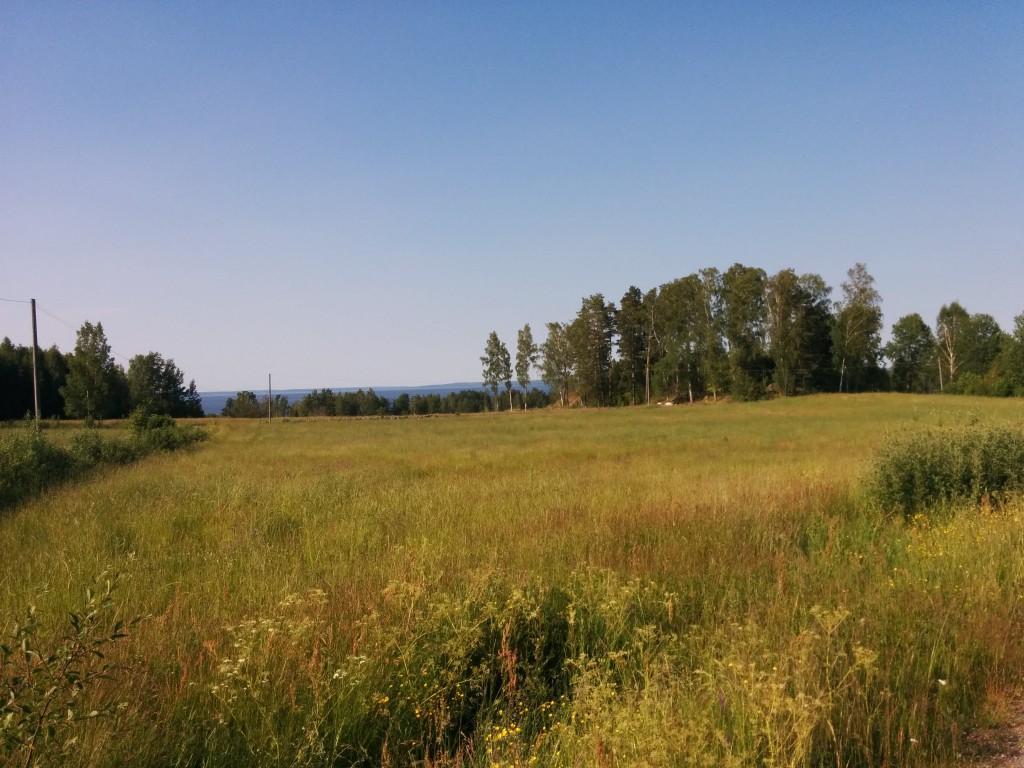So I’ve enjoyed my first few days as a Jolla user. Before I start discussing Jolla and SailFishOS, something about my phone background. I’ve come from Symbian S60, to the N900, then N9 followed by various Androids before getting my Jolla just before Christmas (great timing – thanks!). This means that I came from a non-service oriented background to Android, and now I finally realize the strength of Android’s service lock-in first-hand. It is really inconvenient moving from Android and Google’s official clients for their services to a platform with third party clients to existing services.
My feelings regarding Jolla are mixed. I want them to succeed. I believe that they are right providing a platform based on Qt, native code and a more generic Linux stack and Android. Unfortunately, I think that this is a classic second system. All ideas have been taken a bit to far, and the end result is… not ideal.
When the N9 arrived it introduced swipes on a whole new level. The level was just right. Everything felt natural, and going to a Samsung S3 felt really clumsy. Since then, swipes have been established by most platforms. On Android you swipe from the top to reach the settings and notifications, in GMail you archive mails by swiping sideways, etc. On the Jolla, there are too many layers of swipeable surfaces, and the simpleness breaks as the user cannot predict what will happen. An example is the photo gallery. Tap to enters the camera photos, tap a photo to enter that photo, and now try to get back out. Swiping sideways moves you between the photos, so swiping back does not work. Instead, you have to tap the photo to get a header with sharing options. Now you can swipe back in that header. Not very intuitive.
Another interesting swipe experience is in the mail client when composing a mail. Then you can reach the top menu by swiping down, or up. Not really a problem, but confusing.
One of the parts of the platform that I was curious about was the Android integration. The Jolla comes with Yandex store. I added the HumbleBundle Android app as well. Compared to my Android devices, the experience is really good. Installations are quick, app performance is good. The only “glitch” is that the Android instance is treated as one app inside SailFishOS, so it is not possible to directly switch between Android apps without first picking the last used Android app and then swithing inside Android.
During my time as a Jolla user I’ve seen two software updates, so the platform is evolving. Right now it feels like a Nokia device. The hardware looks really great and really provides a good performance. Unfortunately, the software is lacking. I hope that the Jolla sailors will have the stamina and strength to take the platform all the way. I really want them to succeed.
 If you happen to be in Gothenburg on Wednesday you are most welcome to visit foss-gbg. It is a free event (you still have to register so that we can arrange some light food) starting at 17.00.
If you happen to be in Gothenburg on Wednesday you are most welcome to visit foss-gbg. It is a free event (you still have to register so that we can arrange some light food) starting at 17.00.

